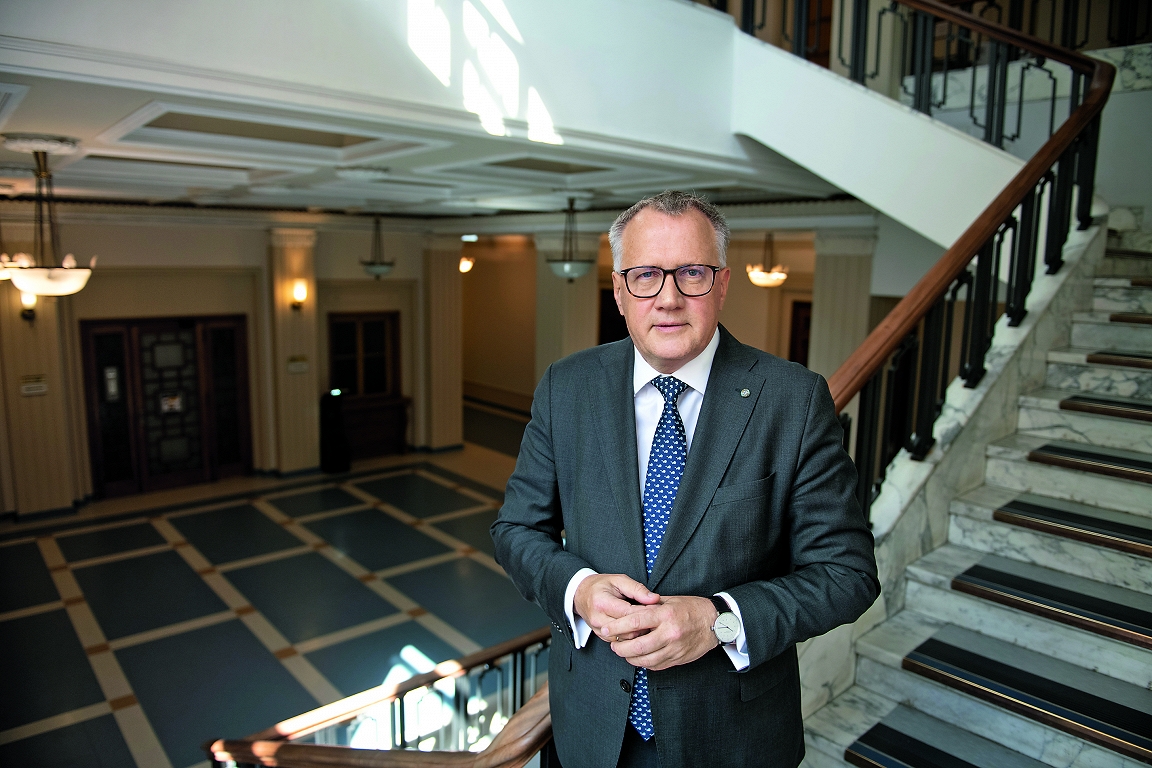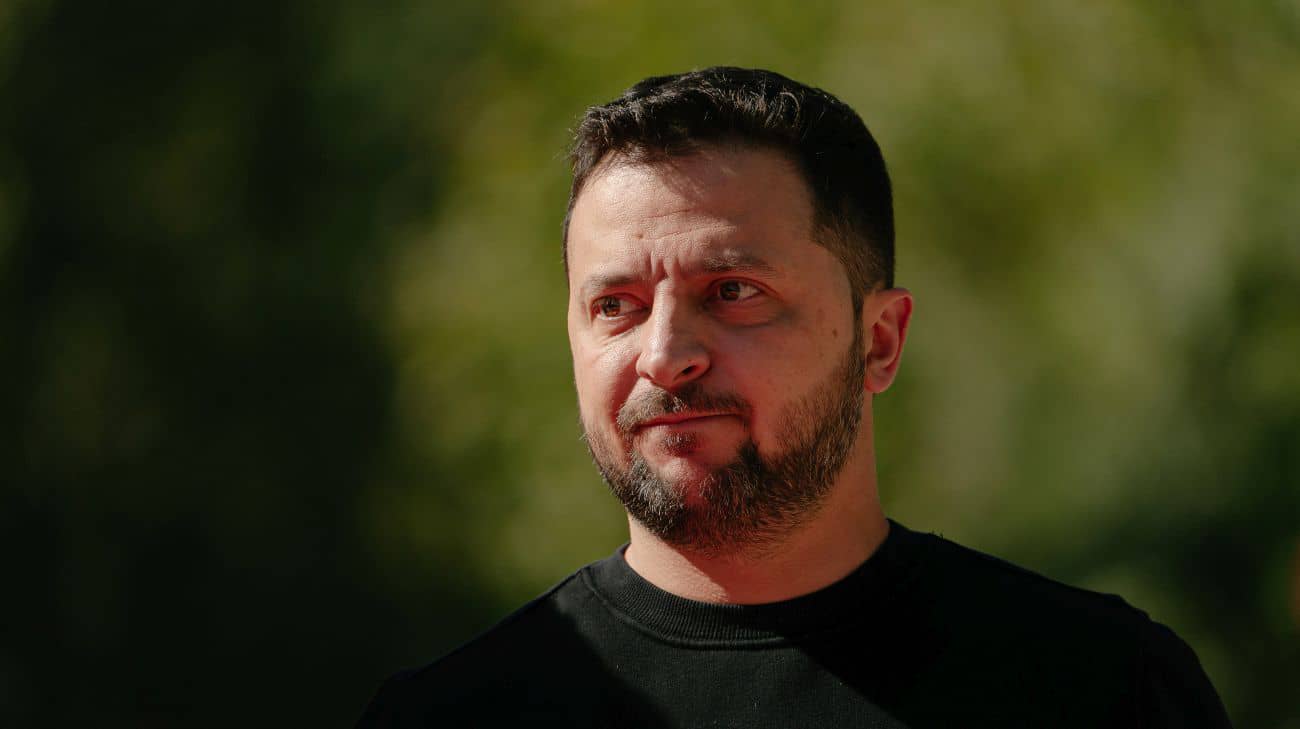Latvia plans to use all available resources to increase protection expenses up to 5% of GDP / day

Among them, Latvia plans to activate a national exception clause, loans from Safe (« Security Action for Europe »), budget redistribution and other additional sources of funding, the Minister of Finance said at the meeting.
Over the weekend, Aseraden attended meetings of the Eurogroup and ECOFIN in Warsaw, where the central place was discussed on European defense, economic development and financial market competitiveness, as well as current geopolitical challenges.
One of the most important topics of the ECOFIN meeting was the White Paper of the European Commission published in March this year on the future of Europe and the Real Europe plan, which includes proposals for the activation of the national exception clause and the establishment of a new European Union (EU) instrument – SAFE – for the development of defense capabilities. These measures provide for granting loans to Member States in defense investment.
Aseraden emphasized at the meeting that defense funding should be a European priority, so Latvia plans to significantly increase defense spending and aims to reach 5% of GDP. At the same time, Aseraden pointed out that the geopolitical situation is not comparable to the Covid -19 pandemic – it would not end soon, so you need to think about protecting Europe while providing fiscal sustainability.
Aseraden welcomed the idea of the creation of a European defense mechanism, which could be a strategic capacity holder, relieving pressure on the amount of debt of Member States and promoting European strategic autonomy.
During the meeting, it was emphasized that the EU defense industry is crucial to guaranteeing European ability to respond to external threats, while promoting innovation and increasing economic growth potential. The proposals included in the White Paper are aimed at strengthening the EU’s security, contributing to peace in Europe and long -term support for Ukraine.
In addition, other topical issues were discussed, including transatlantic trade relations and US trade policy decisions, in particular with regard to import tariffs that could affect the EU’s economic environment.








